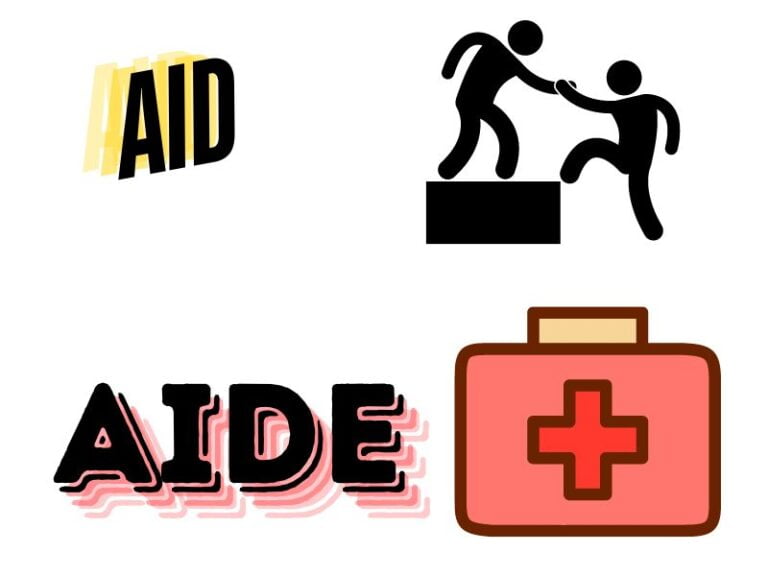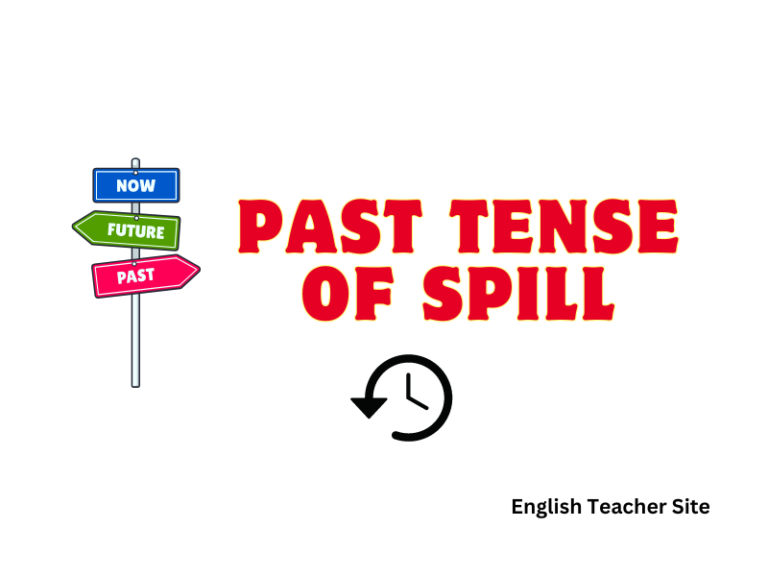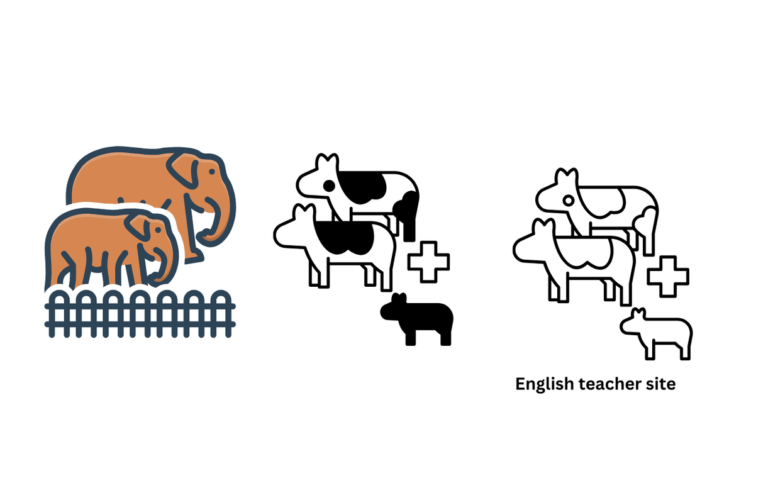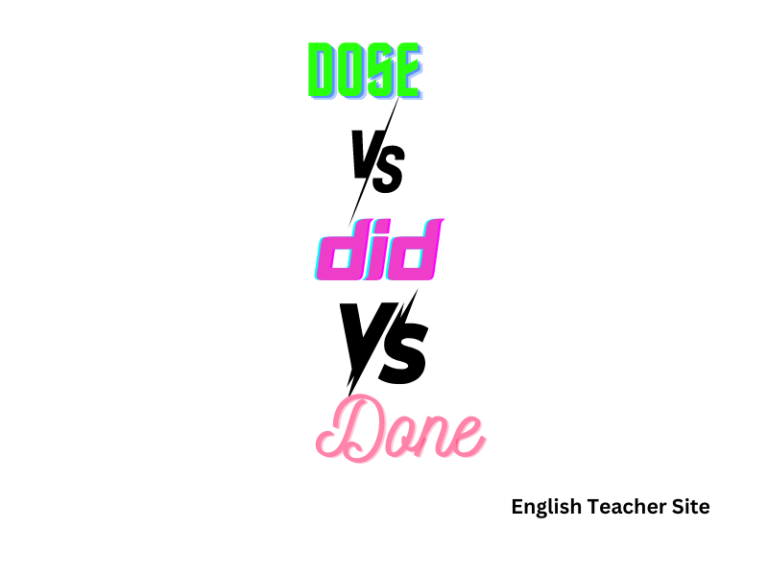Drove vs. Driven Master the Difference Instantly
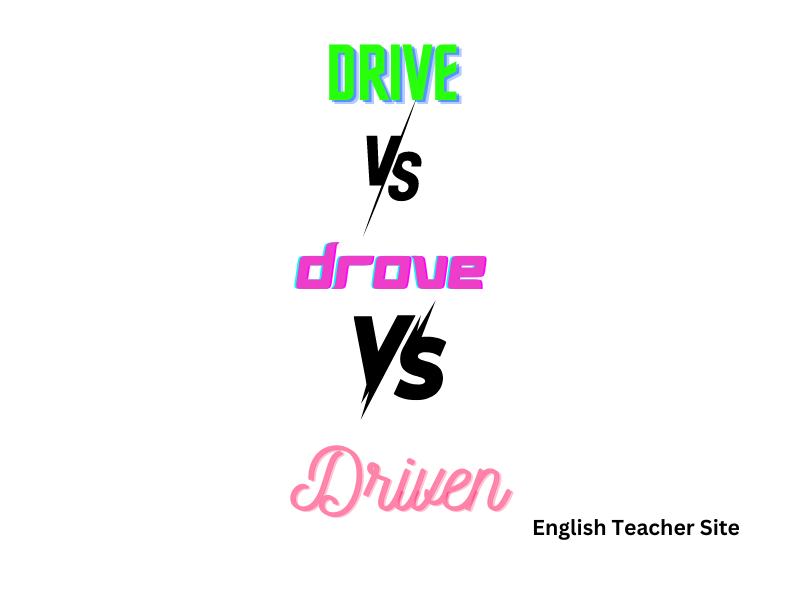
Drove is the simple past tense of drive.
Driven is the past participle of drive.
Now, let’s take a deeper dive into what makes these two words distinct—and how mastering their usage elevates both spoken and written communication.
What’s the Big Deal with Drove vs. Driven?
Why These Two Words Confuse So Many People
For such small words, they cause a disproportionate amount of confusion. Many people stumble because both drove and driven refer to an action that already happened. The key difference lies in how and where they’re used in a sentence. One stands alone as a complete action; the other works in tandem with auxiliary verbs to describe experience or result.
Mixing them up can make your writing sound off—or worse, incorrect.
The Quick Answer
- Use drove when you’re simply talking about an action completed in the past.
Example: She drove to the office yesterday. - Use driven when you’re combining it with a helper verb to describe a state or experience.
Example: She has driven to the office many times.
Drove Explained: When and How to Use It
Drove as the Simple Past Tense of Drive
Drove operates solo. It’s direct and clear. Use it when describing a specific, completed action in the past without the need for helper verbs.
Clear Examples of Drove in Everyday Sentences
- He drove to the mountains last weekend.
- They drove through the night to reach the coast by morning.
- I drove the kids to school yesterday.
Each sentence delivers a straightforward account of past events. No extras needed.
Common Mistakes When Using Drove
- Using drove when you need driven:
Incorrect: I have drove to the city many times.
Correct: I have driven to the city many times. - Overcomplicating simple past statements with unnecessary helper verbs:
Incorrect: She had drove to the store earlier.
Correct: She had driven to the store earlier.
Driven Explained: What Makes It Different
Driven as the Past Participle of Drive
Driven doesn’t stand alone. It’s the third form of drive, typically following “has,” “have,” or “had.” It indicates something that’s been completed or experienced.
How to Use Driven with Helping Verbs
- Has driven (present perfect): She has driven this route before.
- Have driven (present perfect): We have driven all over the country.
- Had driven (past perfect): By dawn, they had driven hundreds of miles.
The helping verb sets the tense; driven completes the thought.
Real-World Examples of Driven in Action
- The team has driven innovation in the tech industry.
- I had driven for hours before realizing I was lost.
- They have driven that car across the continent.
Common Pitfalls to Watch Out For with Driven
- Forgetting the helping verb:
Incorrect: She driven to work every day last month.
Correct: She has driven to work every day last month. - Using driven in place of drove without auxiliary support:
Incorrect: He driven there yesterday.
Correct: He drove there yesterday.

Drove vs. Driven in Everyday Scenarios
Speaking vs. Writing: How Context Changes Things
In casual speech, errors with drove and driven often slide by unnoticed. In writing—especially professional or academic—such mistakes are glaring.
Precision is non-negotiable when the audience expects accuracy.
Formal vs. Informal Use Cases
- Informal:
I drove up here last night. (Friendly conversation) - Formal:
The data has driven our strategy for the upcoming quarter. (Business communication)
The tone and stakes dictate your level of rigor.
Professional Writing Tips for Choosing the Right Word
- Always match driven with an auxiliary verb.
- Use drove when specifying a completed action without a helper.
- When uncertain, mentally insert “has,” “have,” or “had.” If it works, use driven.
Test Your Knowledge: Quick Drove vs. Driven Quiz
Fill-in-the-Blank Exercises
- She ___ to the store last night.
- They have ___ this path many times before.
- By noon, he had ___ 300 miles.
Answer Key with Explanations
- Drove – simple past tense: She drove to the store last night.
- Driven – past participle with helping verb: They have driven this path many times before.
- Driven – past participle after “had”: By noon, he had driven 300 miles.
Common Expressions and Idioms Using Drove and Driven
Driven to Succeed and Other Popular Phrases
- Driven to succeed: Describes a person with intense ambition.
- Driven by passion: Motivated by enthusiasm and love for something.
- Driven snow: As in “pure as the driven snow,” symbolizing innocence.
Using Drove in Figurative Language
- It drove him mad: Caused intense frustration or anger.
- She drove the point home: Made a point emphatically clear.
- The news drove a wedge between them: Created distance or discord.
Quick Reference Chart for Easy Recall
| Verb Form | Tense | Example |
|---|---|---|
| Drive | Present | I drive to work every day. |
| Drove | Simple Past | I drove to work yesterday. |
| Driven | Past Participle | I have driven to work many times this month. |
Frequently Asked Questions
Can Driven Ever Be Used Without a Helper Verb?
No. Driven requires a helping verb such as “has,” “have,” or “had” to form a grammatically correct sentence.
Is Drove Ever Correct in Present Tense?
No. Drove only refers to actions completed in the past. The present tense form is drive.
How Do Native Speakers Keep This Straight?
Many native speakers rely on intuition developed from experience. However, grammar awareness ensures accuracy, especially in formal situations.
Conclusion
You now have the tools to distinguish drove from driven instinctively and apply them accurately in any context. Continue exploring verb forms and practice through writing and editing. Precision in grammar is a lifelong skill that commands respect in every conversation.
Source
My name is Khamis Maiouf. I am the creator of the English Teacher Site, dedicated to providing valuable resources and insights for students around the world. With a passion for education and a commitment to helping students enhance their skills, I aim to make English teaching more effective and enjoyable for both educators and students.



